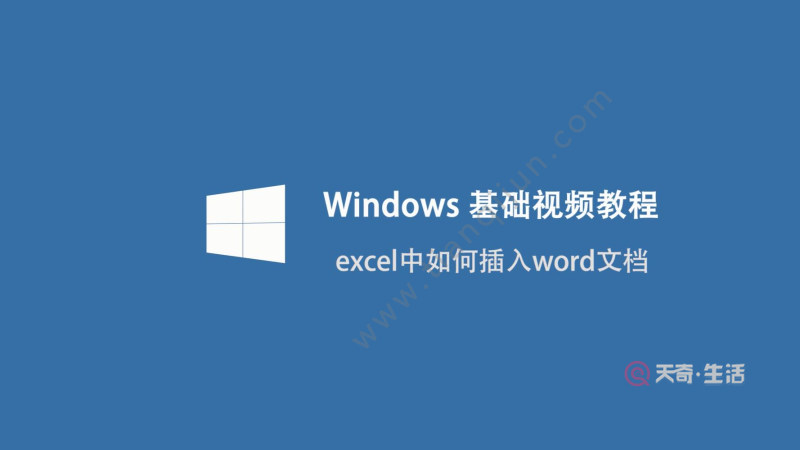c++11中auto&&是什么意思()
为什么80%的码农都做不了架构师?>>>
文章图片
By using auto&& var =
You might say, well why not just use a const auto& because that will also bind to anything? The problem with using a const reference is that it's const! You won't be able to later bind it to any non-const references or invoke any member functions that are not marked const.
As an example, imagine that you want to get a std::vector, take an iterator to its first element and modify the value pointed to by that iterator in some way:
auto&& vec = some_expression_that_may_be_rvalue_or_lvalue;
auto i = std::begin(vec);
(*i)++;
This code will compile just fine regardless of the initializer expression. The alternatives to auto&& fail in the following ways:
auto => will copy the vector, but we wanted a reference auto& => will only bind to modifiable lvalues const auto& => will bind to anything but make it const, giving us const_iterator const auto&& => will bind only to rvalues So for this, auto&& works perfectly! An example of using auto&& like this is in a range-based for loop.
【c++11中auto&&是什么意思()】转载于:https://my.oschina.net/itfanr/blog/1791379
推荐阅读
- 热闹中的孤独
- Shell-Bash变量与运算符
- JS中的各种宽高度定义及其应用
- 2021-02-17|2021-02-17 小儿按摩膻中穴-舒缓咳嗽
- 深入理解Go之generate
- 异地恋中,逐渐适应一个人到底意味着什么()
- 我眼中的佛系经纪人
- 《魔法科高中的劣等生》第26卷(Invasion篇)发售
- “成长”读书社群招募
- 2020-04-07vue中Axios的封装和API接口的管理











